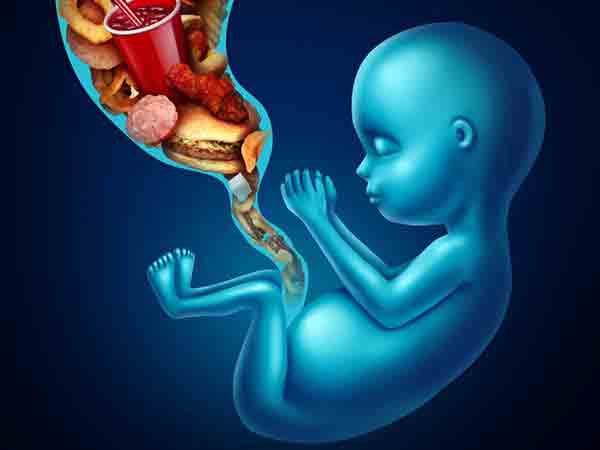The invisible connection of mothers’ BMI, emotional appetite, and food choices with childhood obesity
This study by Yaldiz & Uslu (2024) investigated the effects of mothers’ food choices, emotional hunger, and body mass index (BMI) on their offspring’s adiposity and growth patterns. Data was gathered from 492 mothers, using questionnaires to collect demographic information and anthropometric measurements. Using particular measures, mothers’ dietary preferences and emotional appetites were assessed. Children’s BMI for age Z-scores and the tripodal index (TMI) were used to assess their growth and adiposity. The average age of the mothers was 39.10 ± 0.26 years, with an average BMI of 25.08 ± 0.21. Among the mothers, 54.5% were classified as normal weight, 28.4% as pre-obese, and 14.7% as obese. Of the kids, 31.5% were fat or overweight. The children’s TMI and BMI showed a substantial positive association with the moms’ BMI. Furthermore, there was a negative link between the BMI for the age of children and the meal choices made by mothers about “convenience” foods. This study highlights the significant link between mothers’ emotional eating habits and food choices and their children’s BMI and TMI, underlining the importance of addressing mothers’ eating behaviors for improving children’s health outcomes. Future health policy development may be influenced by these findings. [NPID: mothers’ BMI, emotional appetite, food choices, children’s growth, adiposity, BMI for age, tripoderal index, overweight, health policies, eating habits]
Year: 2024
 Navigation
Navigation






